- Have any questions?
- +86-189 8930 5995
- sales@mosinterchem.com.cn
Axitinib CAS 319460-85-0

Doramapimod CAS 285983-48-4
14/12/2018
Pemetrexed disodium hepthydrate CAS 357166-29-1
14/12/2018| Model: | MOS319460-85-0 |
| Place of Origin: | Shandong,China (Mainland) |
| Brand: | MOSINTER |
| Molecular formula: | C22H18N4OS |
| Molecular weight: | 386.47 |
| Storage condition: | -20°C Freezer |
| Melting Point: | 213-215°C |
Axitinib(CAS: 319460-85-0)
| Item | Index |
| Molecular Formula | C22H18N4OS |
| Molecular Weight | 386.47 |
| Specification | CP/USP/EP |
| Content | 98%min |
Axitinib (AG013736; trade name Inlyta) is a small molecule tyrosine kinase inhibitor developed by Pfizer. It has been shown to significantly inhibit growth of breast cancer in xenograft models and has been successful in clinical trials with renal cell carcinoma (RCC) and several other tumour types.
Medical uses
A Phase II clinical trial showed good response in combination chemotherapy with gemcitabine for advanced pancreatic cancer. However, Pfizer reported on January 30, 2009 that Phase III clinical trials of the medicine when used in combination with gemcitabine showed no evidence of improved survival rates over treatments using gemcitabine alone for advanced pancreatic cancer and halted the trial.
In 2010, a Phase III trial for previously treated metastatic renal cell carcinoma (mRCC) showed significantly extended progression-free survival when compared to sorafenib. In December 2011, the Oncologic medicine Advisory Committee (ODAC) voted unanimously to recommend the approval of axitinib for the second-line treatment of patients with advanced renal cell carcinoma (RCC), based on the results of the Phase III trial comparing axitinib and sorafenib.
It has received FDA (27 January 2012), EMA (13 September 2012), MHRA (3 September 2012) and TGA (26 July 2012) approval for use as a treatment for renal cell carcinoma.
Contraindications
The only contraindication to axitinib is hypersensitivity to axitinib.
Cautions include:
• Hypertension
• Thromboembolic (both venous and arterial) events
• Haemorrhagic events (including cerebral haemorrhage)
• GI perforations and fistula
• Thyroid function, it is advised that thyroid function is measured initially and then periodically during treatment with axitinib.
• Stop treatment 24 hours prior to surgery due to potential clotting changes
• Proteinuria, it is advised that proteinuria is monitored initially and then periodically during therapy
• Elevated liver enzymes reported, it is advised that AST, ALT and bilirubin are regularly monitored during treatment with axitinib
• Moderate hepatic impairment requires dose reduction
Adverse effects
See also: List of adverse effects of axitinib
Diarrhea, hypertension, fatigue, decreased appetite, nausea, dysphonia, hand-foot syndrome, weight decreased, vomiting, asthenia, and constipation are the most common side effects occurring in more than 20% of patients.
Interactions
Coadministration with strong CYP3A4/CYP3A5 inhibitors should be avoided where possible as they may reduce plasma clearance of axitinib.
Mechanism of action
Its primary mechanism of action is thought to be Vascular epidermal growth factor receptor 1-3, c-KIT and PDGFR inhibition, this, in turn, enables it to inhibit angiogenesis (the formation of new blood vessels by tumours).
It was also proposed that it might act by inducing autophagy, as some other tyrosine kinase inhibitors, like sorafenib.
You must be logged in to post a review.
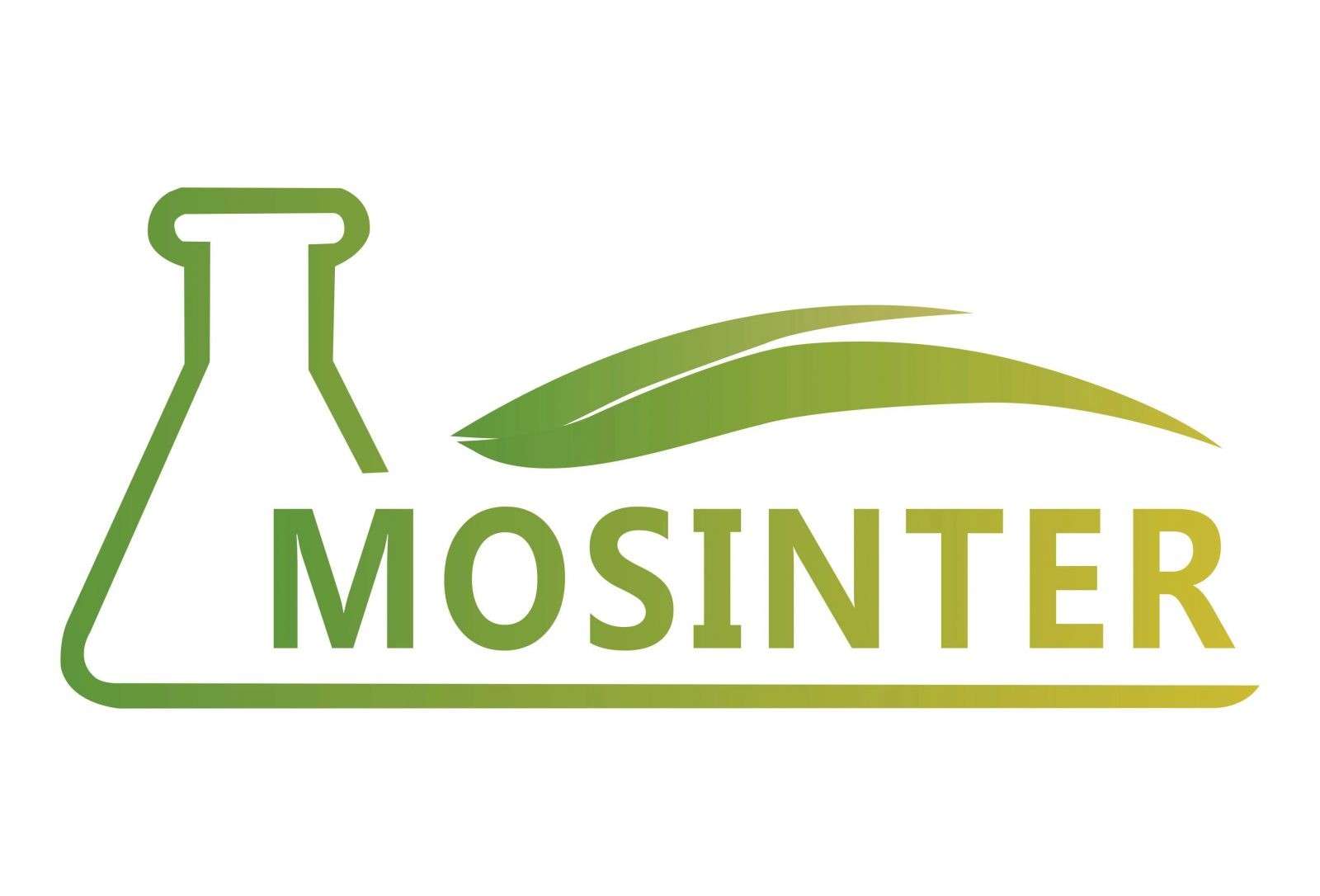
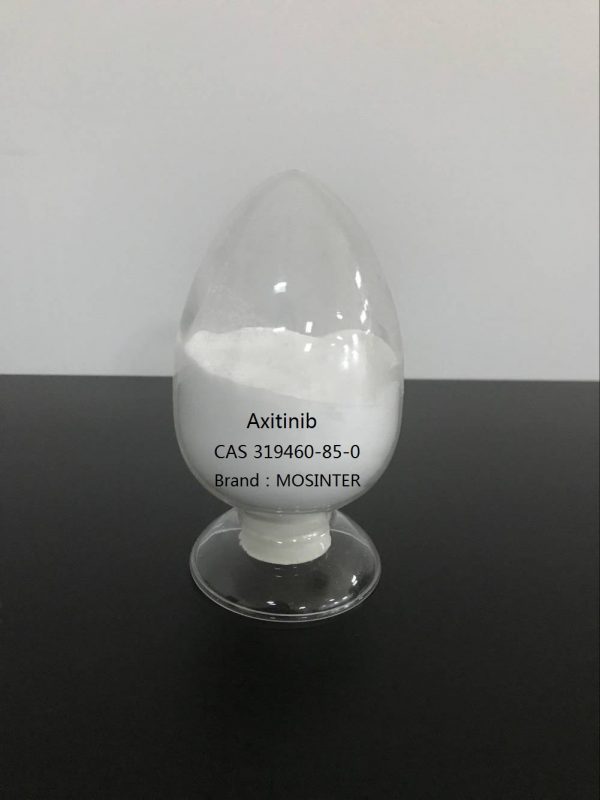
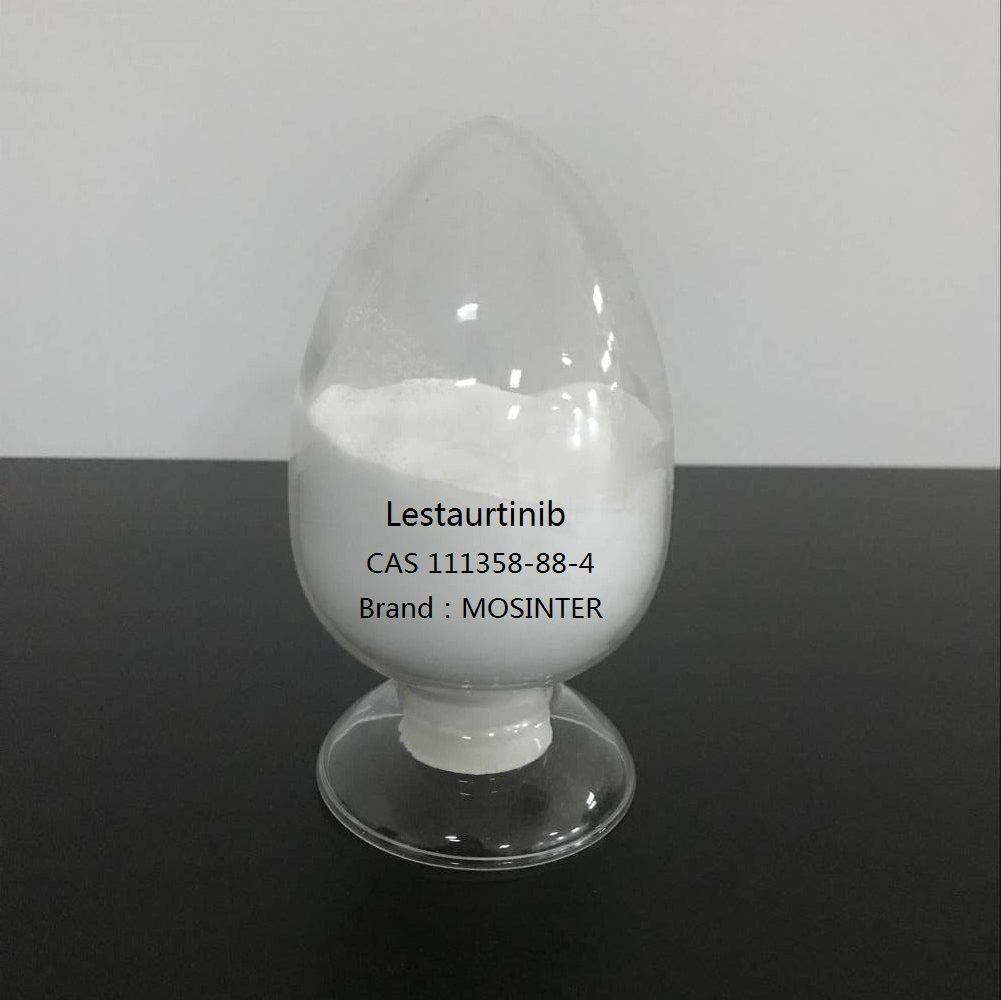
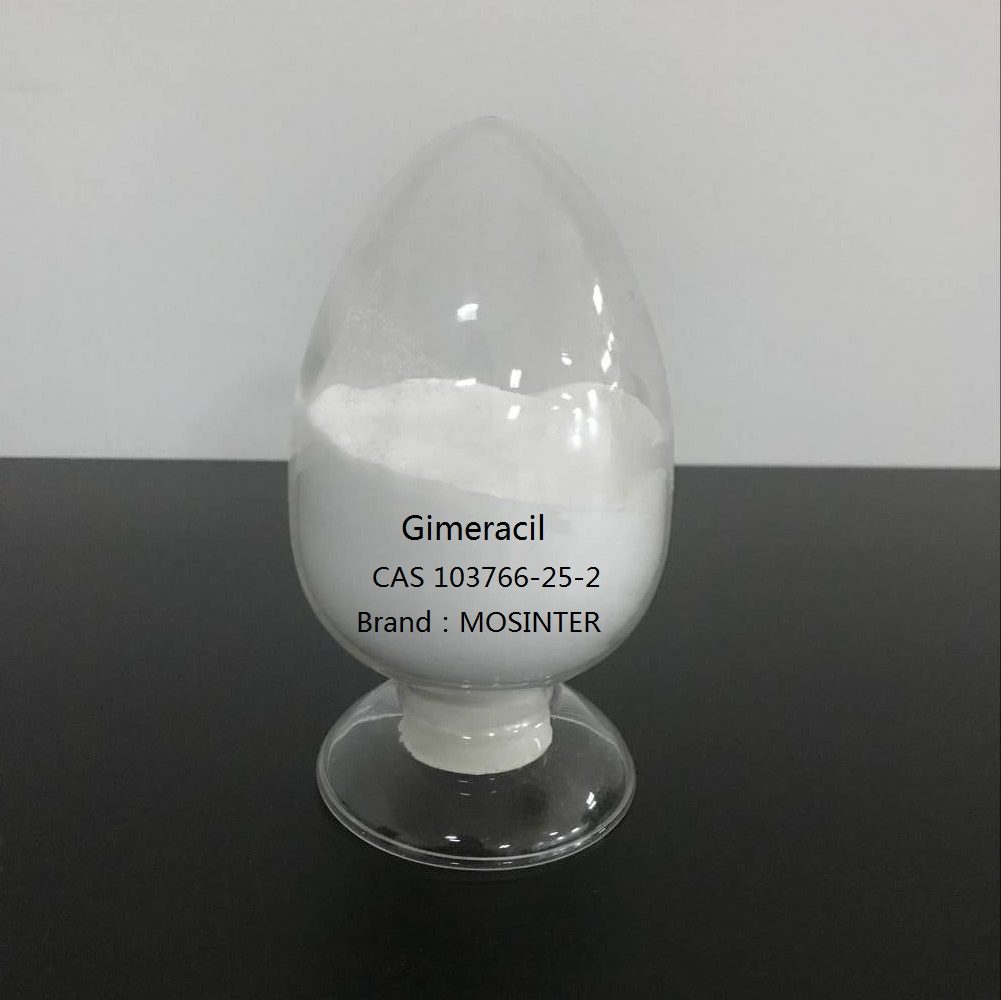
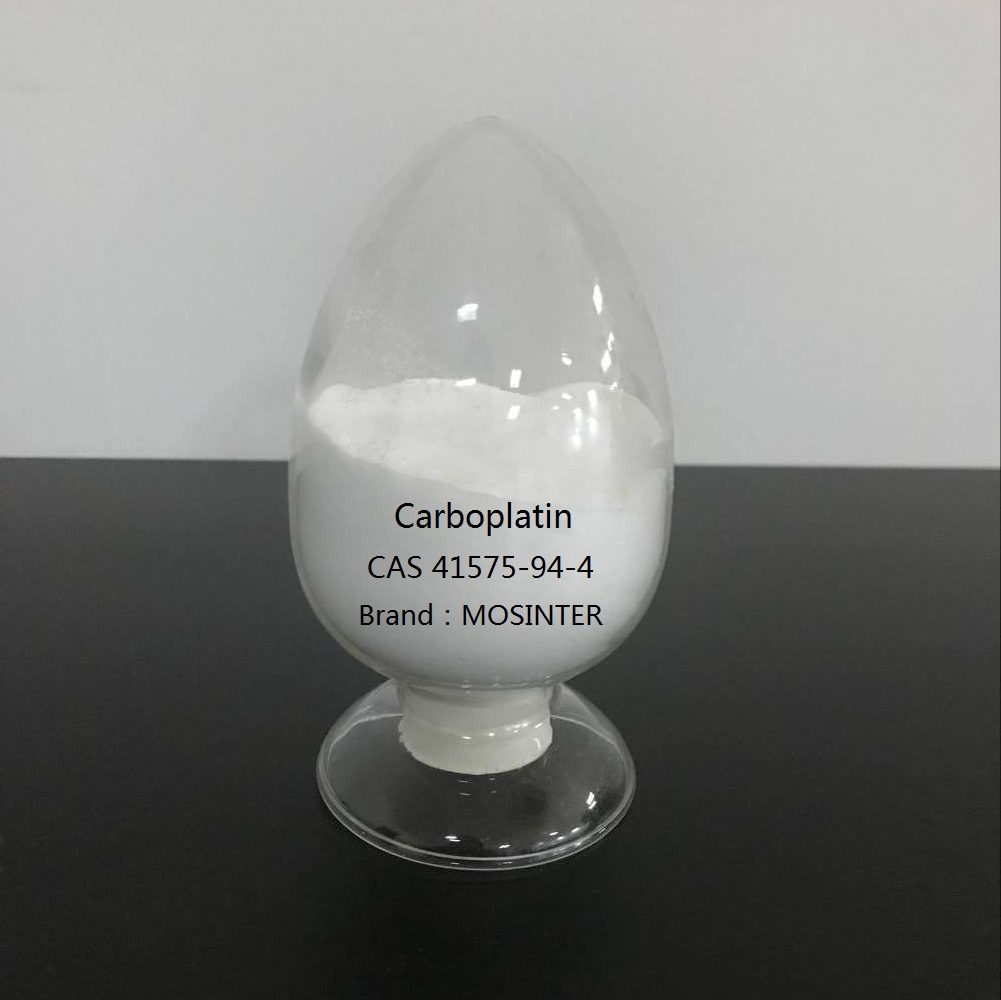
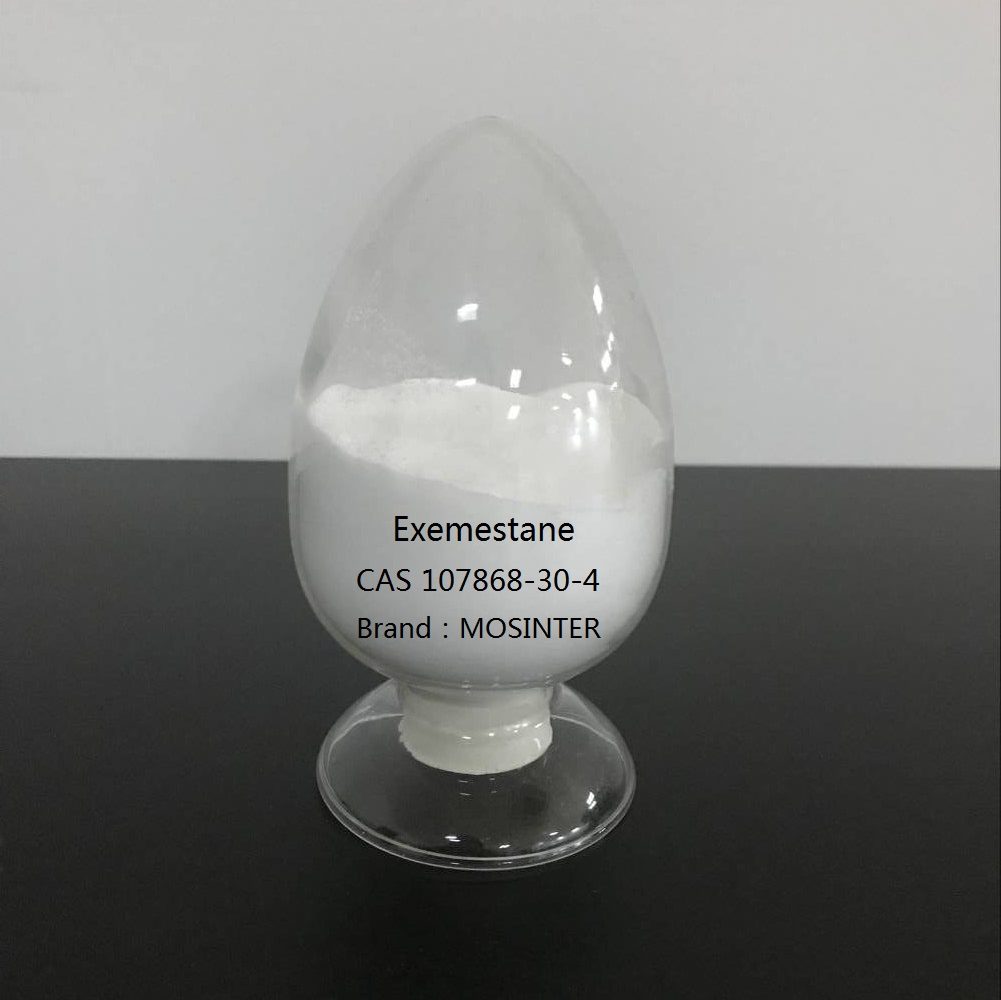
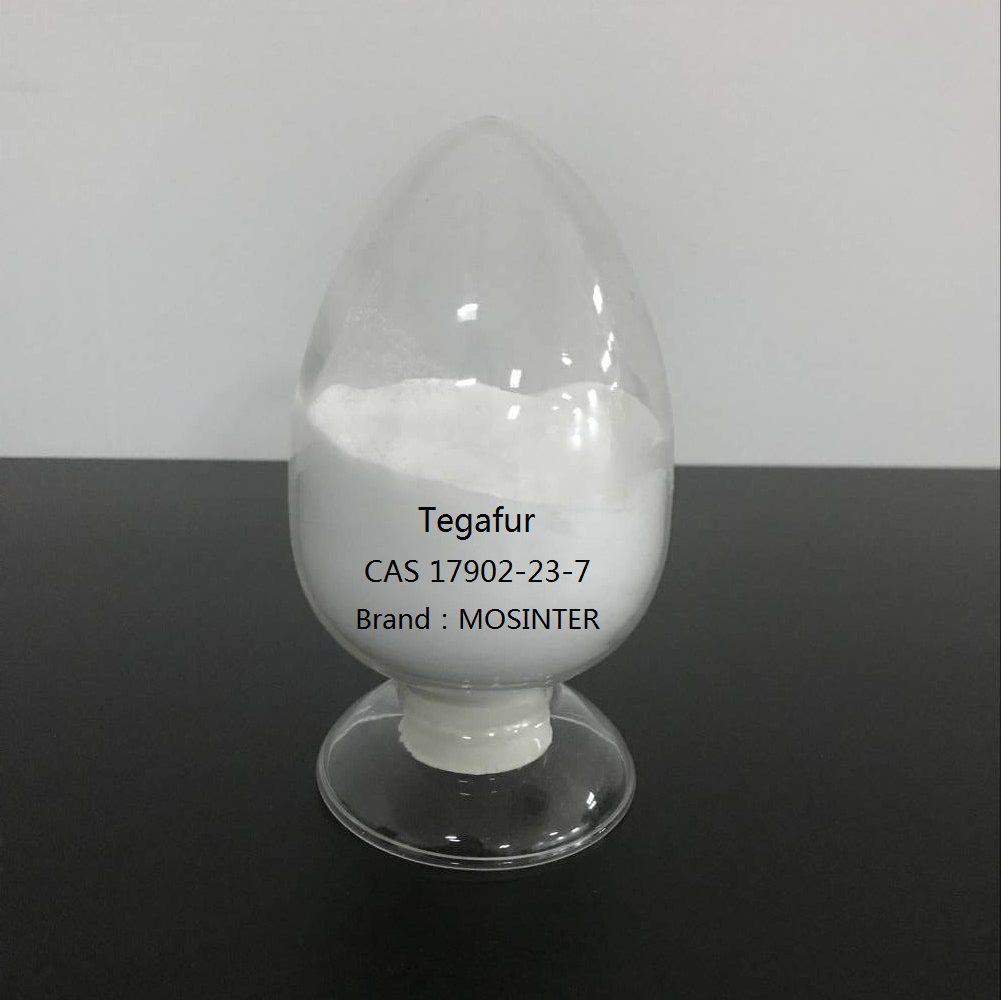
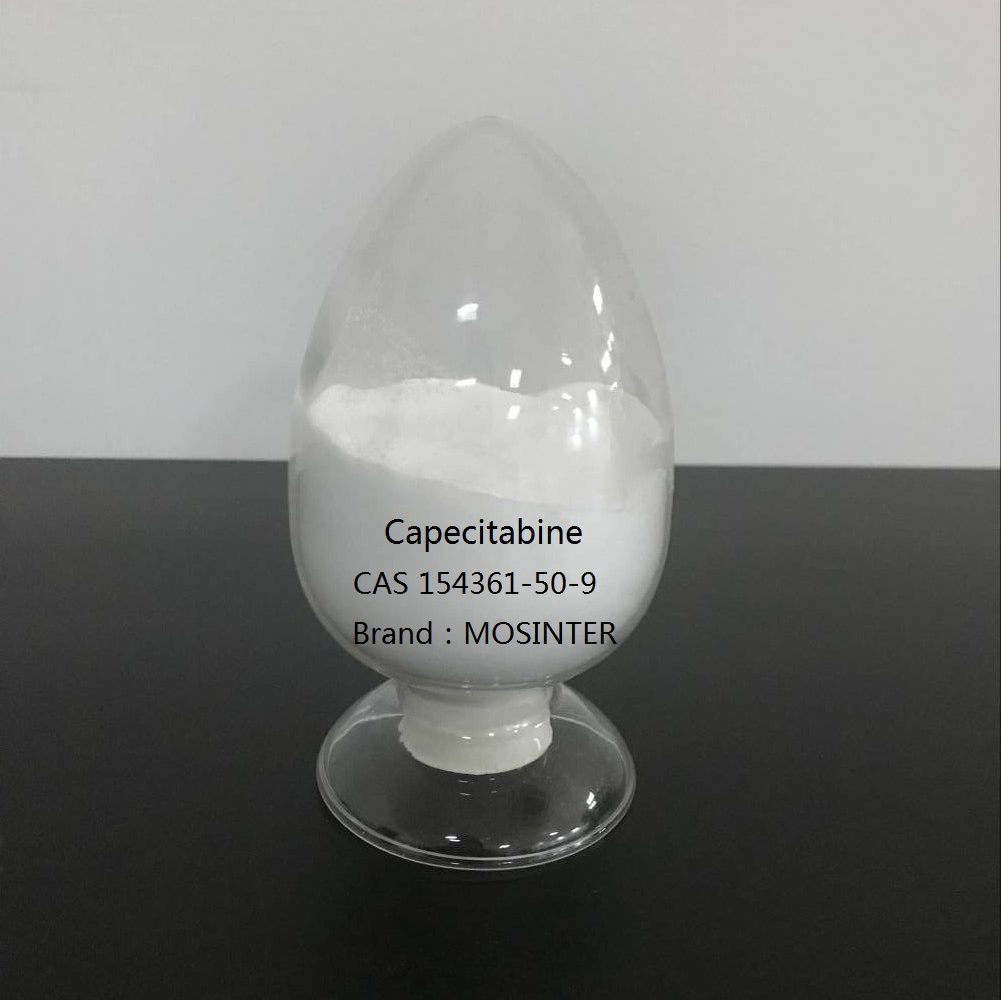
Reviews
There are no reviews yet.